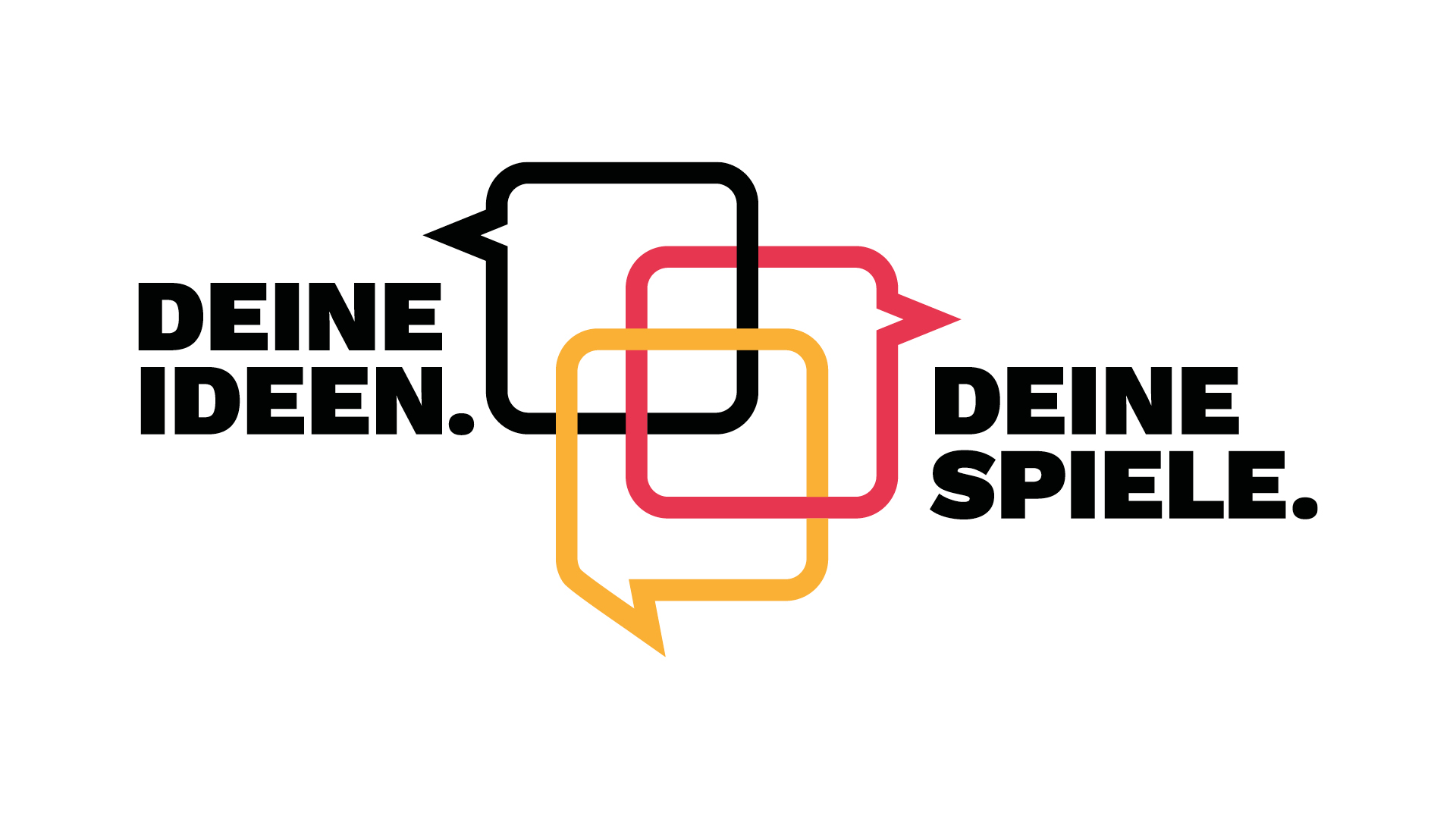
OUR INITIATIVE.

Our way to a possible bid for the Olympic and Paralympic Games.
Here you will find everything you need to know about the DOSB and what is behind our initiative.
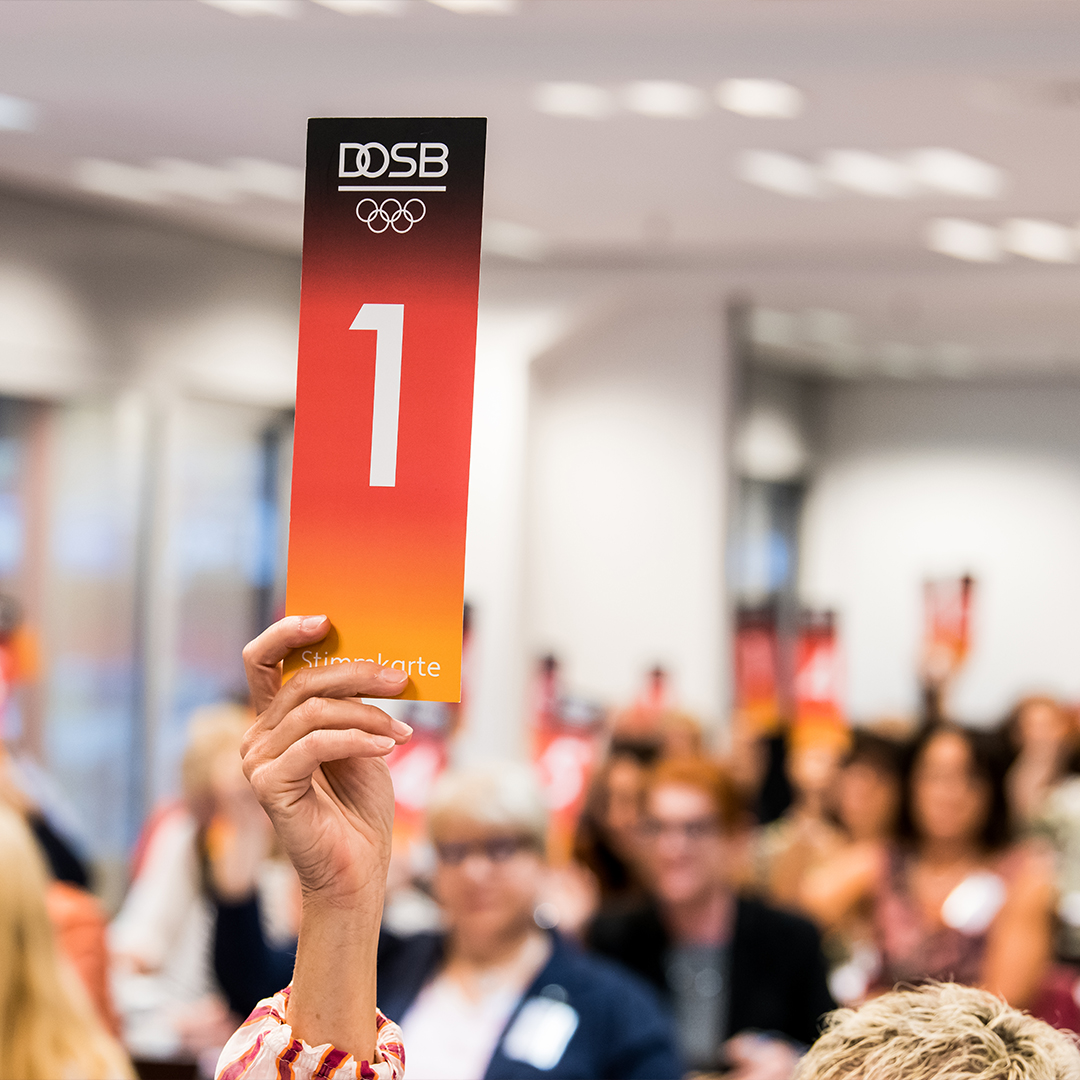
Who is behind it?
The German Olympic Sports Federation (DOSB) is the umbrella organization of German sports and represents the interests of around 87,000 gymnastics and sports clubs, which have more than 27 million members. The DOSB was founded on 20 May 2006 as a result of the merger between the German Sports Confederation and the National Olympic Committee for Germany.
The DOSB is responsible for the development and promotion of sports in Germany, both at the highest and broadest levels. Among other things, it is responsible for the preparation and participation of German athletes in the Olympic Games and other major sporting events. It also represents the interests of German sports at both the national and international levels. The DOSB also focuses on youth sports development, gender equality in sports, and the observance of ethical principles in sports.
In order to live up to its mission statement, the DOSB works closely with 99 member organizations, including 16 state sports associations, 66 umbrella organizations, and 18 associations specializing in specific tasks.
You can read more about the DOSB here.
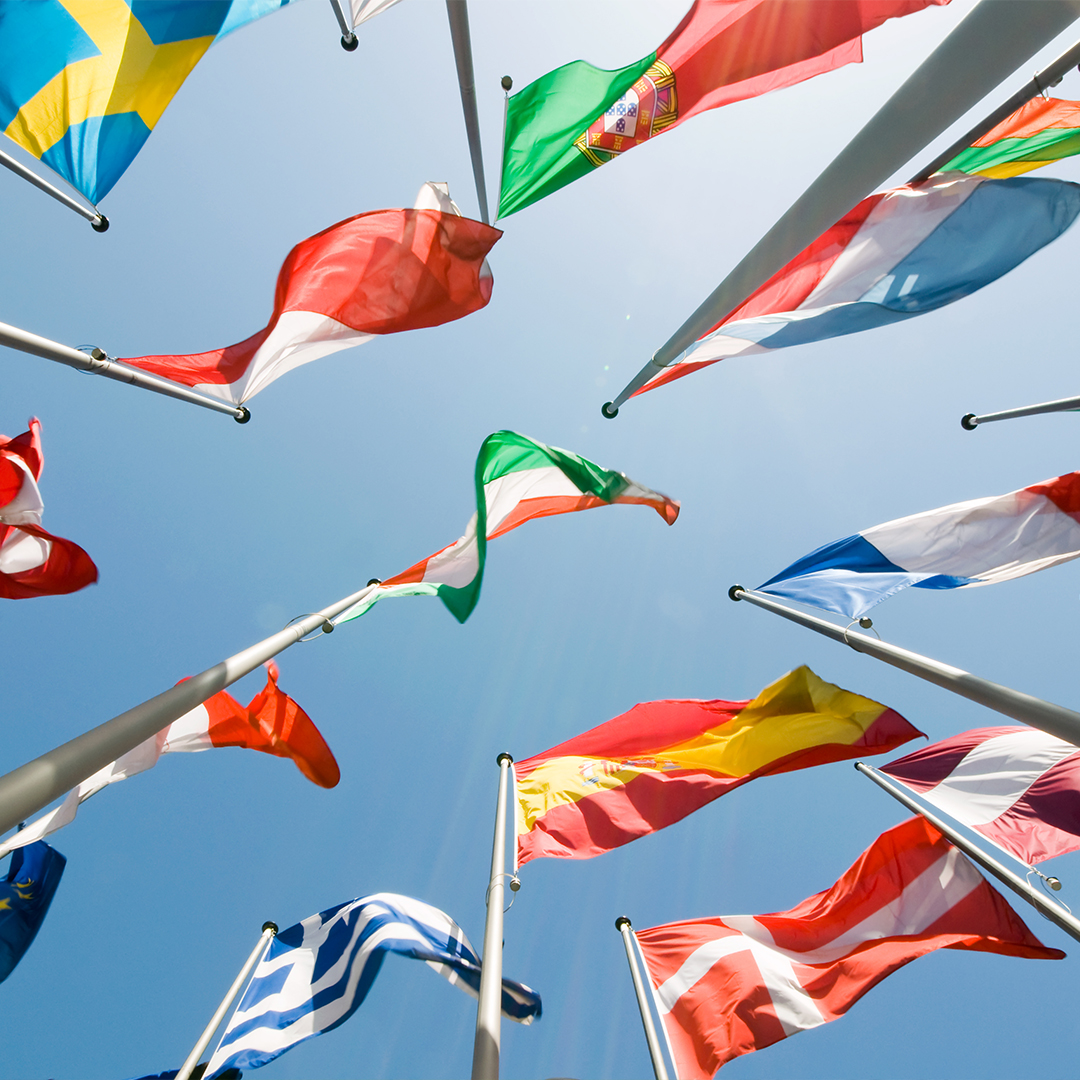
What are the Olympic and Paralympic Games?
The Olympic Games are competitions between athletes in individual or team events who compete for their respective countries. The Games date back to ancient Greece. They were established in 776 BC and took place every four years in Olympia. The first Summer Olympics of modern times were held in Athens (Greece) in 1896, and the first Winter Olympics were held in Chamonix (France) in 1924. The initiator of the modern Olympic Games was Frenchman Pierre de Coubertin.
The word Olympiad refers to the four-year period between the Summer Olympics. Until 1992, incidentally, the Summer and Winter Olympic Games took place during the same year. After that, the Winter Olympics were staggered by two years in relation to the Summer Olympics, maintaining the four-year interval.
The Paralympic Games, or Paralympics, have been around since 1960 They took place in Rome that inaugural year. During the Paralympics, athletes with physical impairments compete against each other. Back then, in Rome, the sporting event was not called the Paralympics, but the “International Stoke Mandeville Games”. The Olympic Games for people with disabilities have only been called the Paralympics or Paralympic Games since 1988. They take place just after the Olympic Games, in summer or winter and at the same venue.
The Olympic and Paralympic Games are a reflection of the principles of the Olympic idea: the pursuit of excellence, the spirit of peaceful competition, the spirit of friendship and international understanding, and the spirit of fair play.
Facts and figures.
about the Olympic Games.
- The Olympic Games are held over a period of 16 days.
- Approx. 10,500 athletes participate.
- There are 28 core sports covering 44 disciplines as well as additional sports proposed by the host city or region.
- More than 300 sporting events take place at about 40 venues.
- The French capital of Paris will host the 33rd Olympic Games.
about the Winter Olympics
- The Winter Olympics are held over a period of 16 days.
- Approx. 2,900 athletes participate.
- There are seven core sports covering 15 disciplines as well as additional sports proposed by the host city or region.
- More than 100 sporting events take place at about 12 venues.
- The Italian city of Milan and the region of Cortina d’Ampezzo will host the 25th Winter Olympic Games in 2026.
about the Paralympic Games
- The Paralympic Games are held over a period of 13 days.
- Approx. 4,300 athletes participate.
- There are 22 sports.
- More than 500 sporting events take place at about 20 venues.
about the Paralympic Winter Games
- The Winter Olympics are held over a period of 10 days.
- Approx. 550 athletes participate.
- There are six sports.
- More than 70 sporting events take place at about six competition venues.
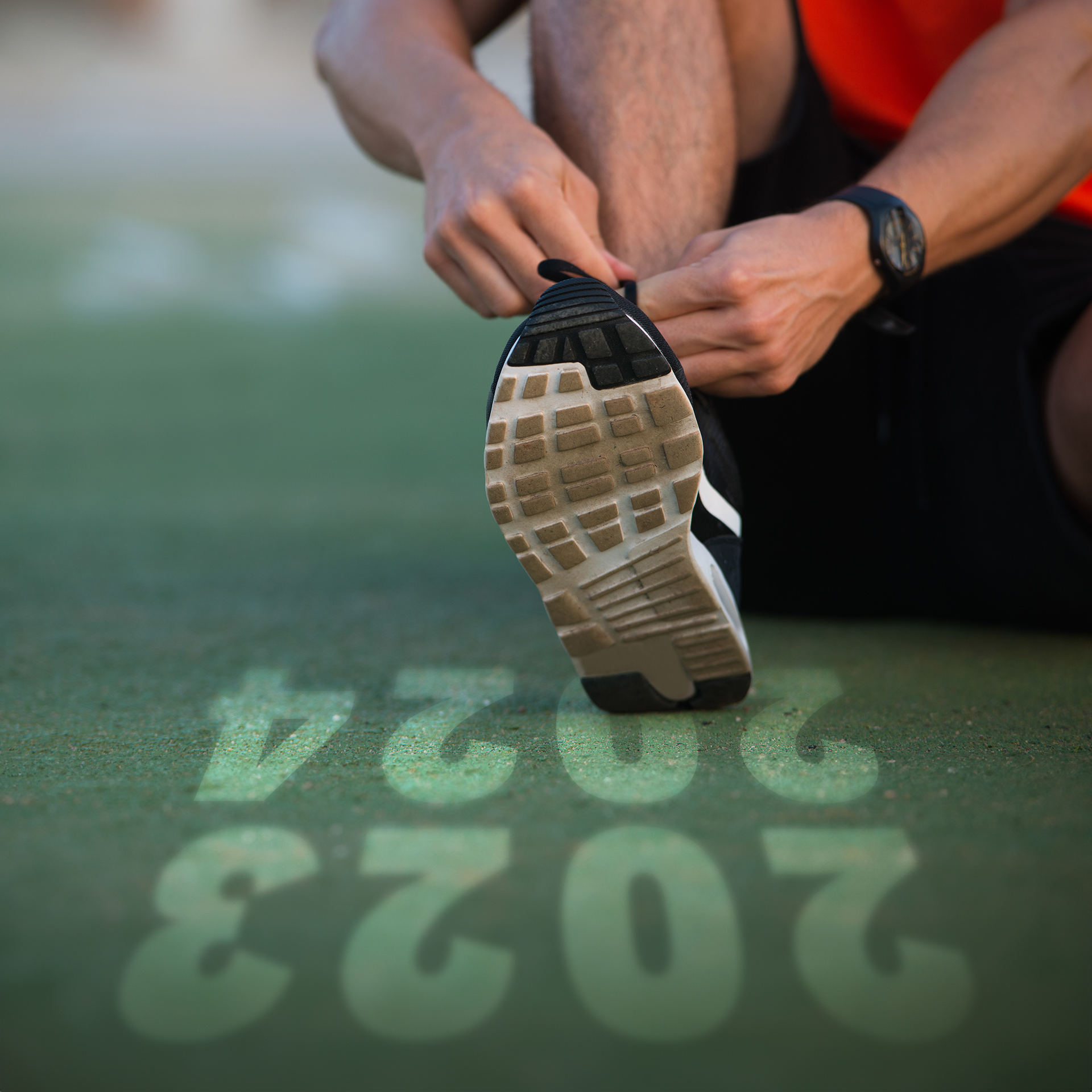
The bid strategy process
With the dialog and information initiative launched in July 2023, YOUR IDEAS. YOUR GAMES. launched in July 2023, the DOSB has set itself the goal of working with the public to develop a framework for a potential German bid for the Olympic and Paralympic Games. The DOSB was tasked with this at the General Assembly in December 2022.
Since the 1972 Munich Games, Germany’s bid history has been anything but a success story. In order to set up a new process, it was therefore important to evaluate the bids that were unsuccessful for various reasons at national or international level. Based on this, six guidelines were developed to serve as guard rails throughout the entire process.
The new strategic approach focuses on education, transparency, information and participation in as many areas of society as possible. We are convinced that this is the only way we can reduce concerns, especially outside the world of sport. This includes clarifying the expectations of society as a whole with regard to the Olympic and Paralympic Games – before we get more intensively involved with annual figures, host cities and a final bid to the IOC. We define the why before the where and when. We are convinced that the Olympic and Paralympic Games, planned in a participatory and future-oriented way, can have added value for the whole country. That’s why we want to bring them back to Germany after more than 50 years.
With nine digital expert talks and five analogue dialog forums in Leipzig, Hamburg, Munich, Berlin and Düsseldorf as well as a constant discourse on our social media channels and our website, we were able to gain an initial good picture in 2023 of what people expect from a bid and the staging of the Olympic and Paralympic Games in Germany.
The results of the many different discussions and dialog formats were summarized in the “Frankfurt Declaration” into seven concrete demands and adopted by the DOSB General Assembly on 2 December 2023. The delegates thus instructed the DOSB to continue the dialog process on a possible Olympic bid next year and to begin developing a concrete concept.
Once we have defined the why together with the German population, we will focus on the where and when this year. The concept is expected to be presented in summer 2024.
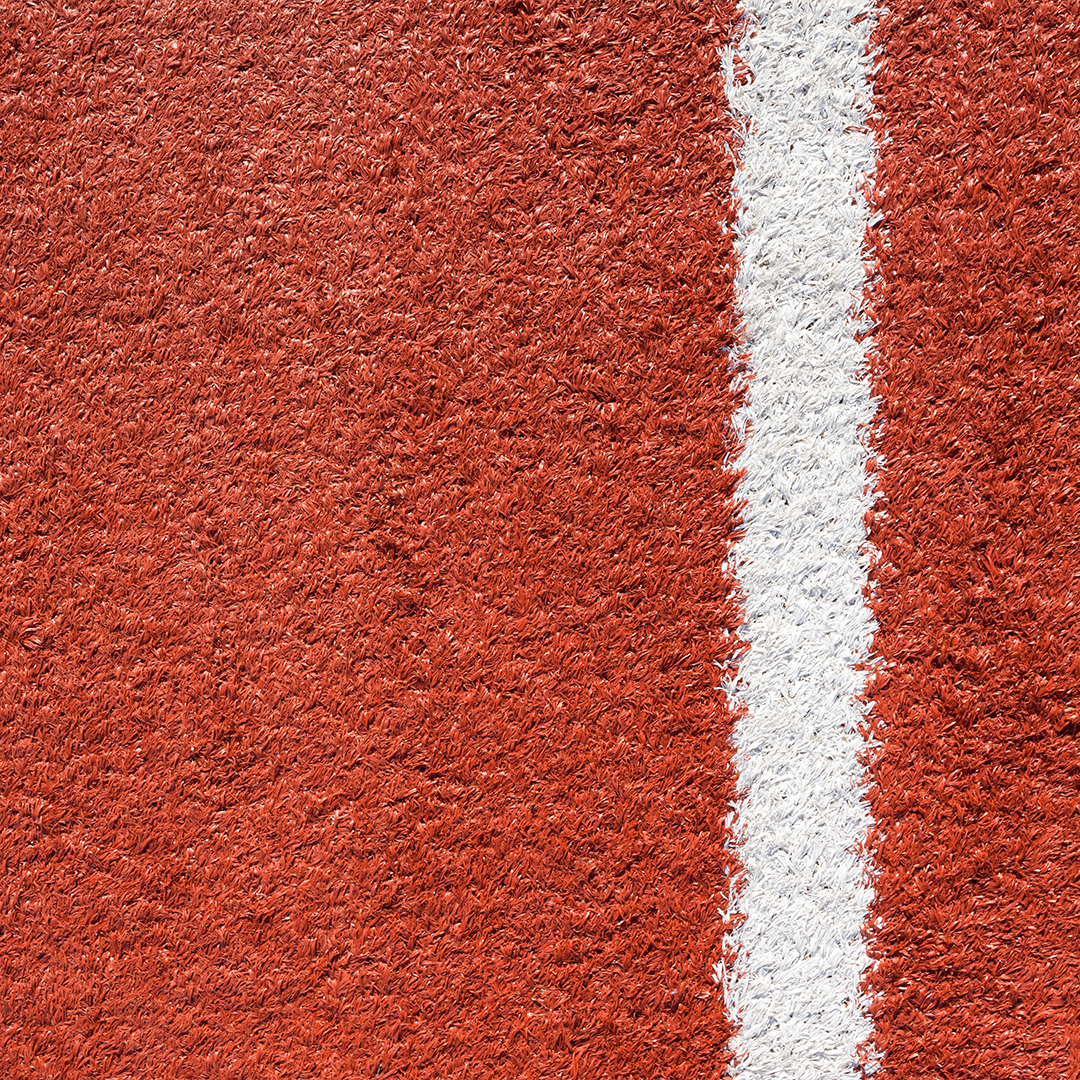
The initiative guidelines.
Der DOSB ist der Initiator des Strategieprozesses für eine neue deutsche Bewerbung um Olympische und Paralympische. Guidelines were established in advance. They form the guiding principles governing the strategy process, which is scheduled to run for two years.
Why before where, when, and how: Before we start the planning process, we must understand the expectations of the sporting community, politicians, and society at large. The why takes top priority for us. After that, we can address the questions of where, when, and how the Games can be held in Germany.
Sustainable use of sports infrastructure: The bid concept is entirely based on existing or temporarily upgraded sports facilities.
While preparing for the home game, we prepare for the away game: First, we secure national support while simultaneously preparing for the international competition.
We work together instead of against each other: We develop the bid concept together with suitable and interested cities and regions.
Maximum stakeholder involvement: We involve the Federal Ministry of the Interior and Home Affairs as well as federations, athletes, cities, and states throughout the entire process as part of a steering committee.
Binding mandate from the people: We will not submit a bid unless the citizens concerned vote in favor of it.





 Your Ideas
Your Ideas